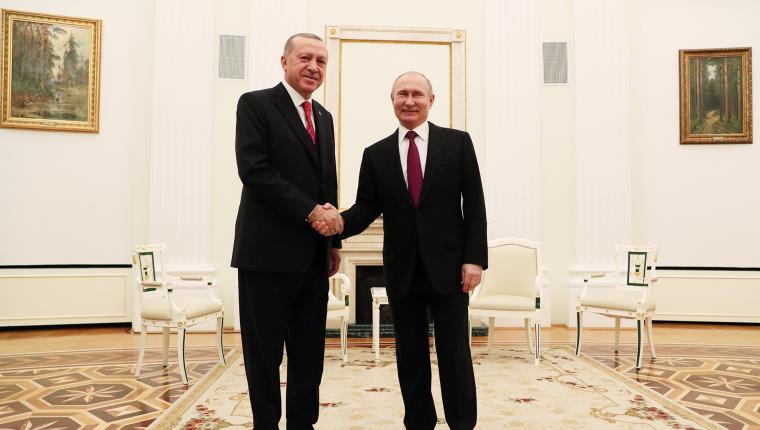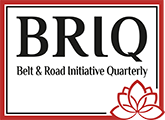
Acaloğlu, A. (2020/2021). Problems and solutions in the Karabakh conflict: From the beginning to today. Belt & Road Initiative Quarterly, 2(1), 77-93.

This work is licensed under a
Creative Commons Attribution 4.0 International License.
The Karabakh conflict –which had preoccupied regional and global powers for a prolonged period– has once again become the center of attention with the Second Karabakh War that started on September 27, 2020. Despite the end of military operations, it is clear that this conflict, which lasted for more than 30 years, will not be solved immediately, and that there will be long arguments during the peace negotiations until the territorial integrity of Azerbaijan is secured. From the very beginning of the conflict, long-drawn meetings were organized, and many works have been published in academic and popular literature about the issue. However, there is a significant lack of studies that holistically address the historical, ethnic, cultural, religious, political, and legal aspects of the problem. One could argue that the matters of foreign relations, political history, ethnic composition, religious characteristics, and the economic life of the people living in Karabakh are of particular importance in understanding not only the background of the conflict but also its trajectory and possible outcomes. Such matters have shaped a large part of the arguments of the opposing sides, especially in the early days of the conflict. Despite the difficulties in dealing with these matters all at once, it is possible to establish an overall opinion on the causes and the progression of events by revealing the connections between the major topics at hand. In this work, an attempt is made for a more holistic approach to the matter by taking into consideration certain points that are often overlooked in the heat of political arguments.
Keywords: Armenia, Azerbaijan, conflict, Karabakh, peace building
